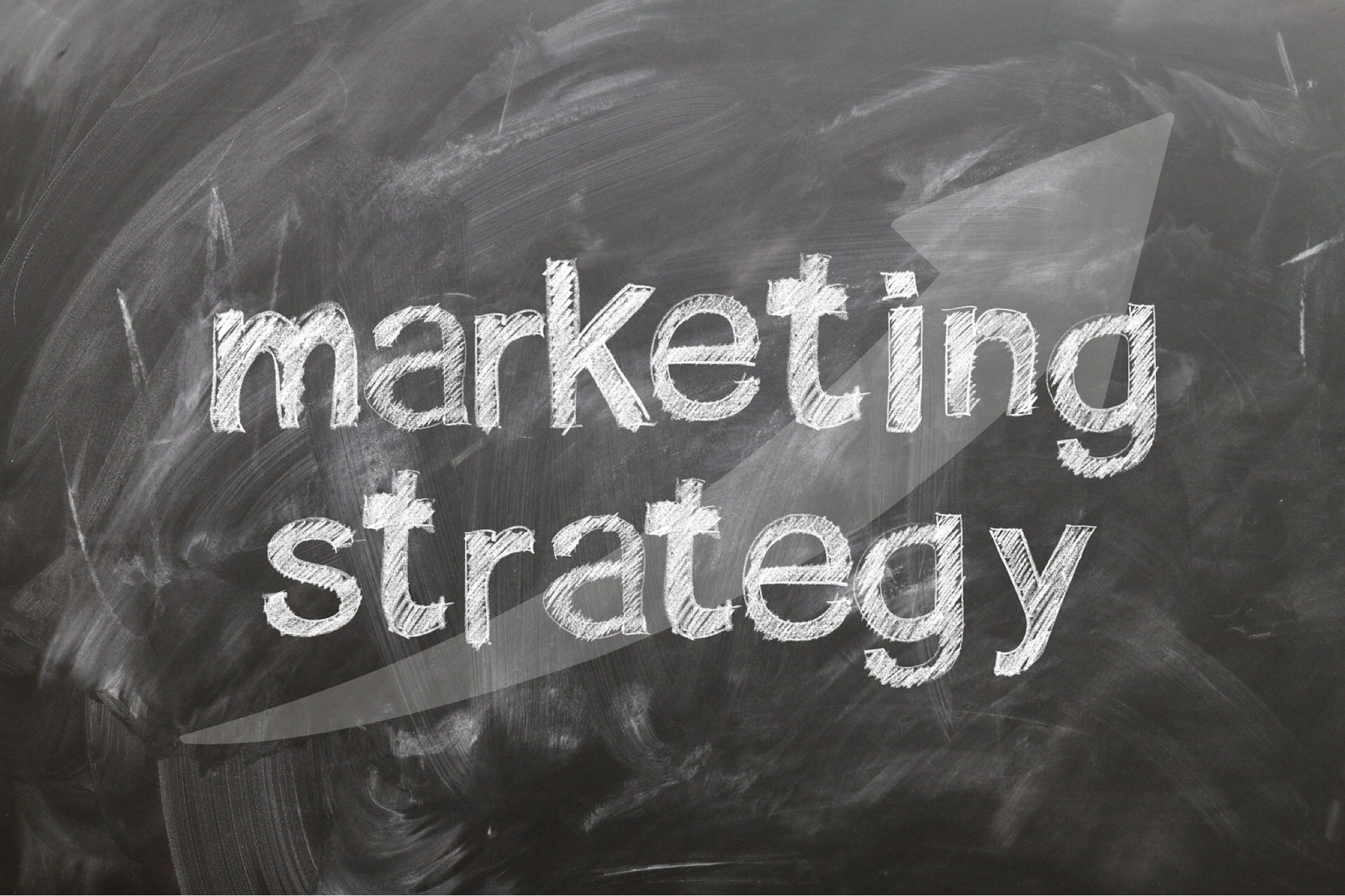Answer these two questions well and watch as success unfolds.
Sounds easy, but it is the one basic that is not covered effectively by a large part of the busines community. It is the holy grail for providing value and igniting innovation.
Many companies have evolved over the years. We are not talking about that. We are talking about your current understanding of your business, the competition, the overall market, your own target market, its dynamics, its customer base and its requirements.
So let’s look at possible answers to the following:
What business are we in?
Maybe, just maybe, we are in the business of making our customers happy? Or simply in the business of making money? Irrespective of our products or services.
But if we had to pin it down, exactly what is it that we do?
Far too many companies define “what they do” in terms of their products or services and not by the benefit that the client may derive from them. History is littered with examples of companies that were thinking they were one thing whereas they were actually something else. Here are some examples:
Business: Ice supply business
Actually: Food & drink storage business
Eliminated by: The refrigerator.
Business: Typewriter business
Actually: Communication business
Eliminated by: Word processor
Clarity in this respect would provide rich rewards for those who seek value/innovation.
Our next point would be to ascertain “why you”.
Why do people buy our products? (Some examples for clarity/understanding)
People don’t buy fluoride toothpaste. They buy shiny, healthy, clean teeth.
People don’t buy oven mitts. They buy safety.
People don’t buy clothes. They buy style.
People don’t pay for evening classes. They buy a future.
People don’t buy insurance. They buy safety.
Specific examples include:
Ace Hardware: People don’t buy drills They buy holes for their walls etc.
Now answer the same questions:
What business are we in?
Why do people buy our products?
There are many ways to find out:
1. Ask your customers what pain point/problem does your product/service solve
2. Ask people who may consider your product/service, but end up not buying it
3. Find out how your customers are using your products/services
4, Consider the substitutes/alternatives that your product may have
5. Consider what your product is or can be used for
And of course the answer may well be different for different customers. Some people may choose a particular brand of car because it makes them look good, while others may do so to feel safe and others to enjoy the ride. If you do not know exactly why customers buy your product, you will not be successful in marketing or selling it. Worse still, you may be blind to the opportunities, the potential alternatives and the latent threats which may exist.
Change how you define your business. Move away from defining it via your products to the benefits you bring to you customers. So if you are saying, “We produce typewriters,” why not try, “We help people communicate more effectively.” Instead of stating, “We are an innovation management consultancy,” (A mouth full in itself), you can say, “We help clients cultivate potential new sources for revenues.”
One approach towards innovation in business is to take steps towards extending customer value. So if we want to innovate we must understand what specifically it is that the customer truly values. Then we can focus on how to extend that value.
Ask these questions:
– What business are we in?
– What do customers really value?
– Are there other ways in which that value could be delivered to them?
These questions are always worth asking. Not only are they insightful, they may yield answers that can be the source of compelling innovation in your products/services. They will keep you abreast of changes that may impact your business and ensure sustainability. And, importantly, this is not a one-time exercise. Keep asking yourself these 2 questions to remain relevant.

